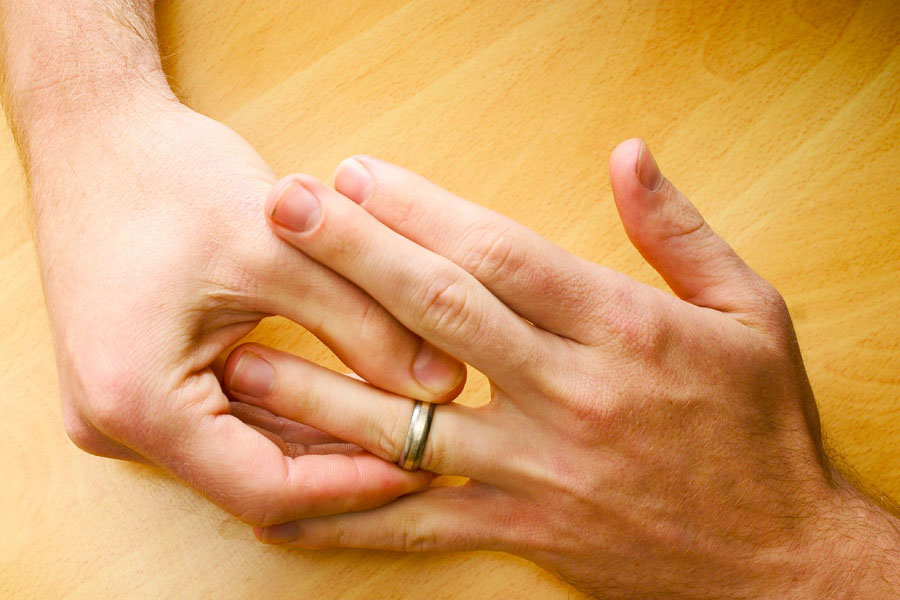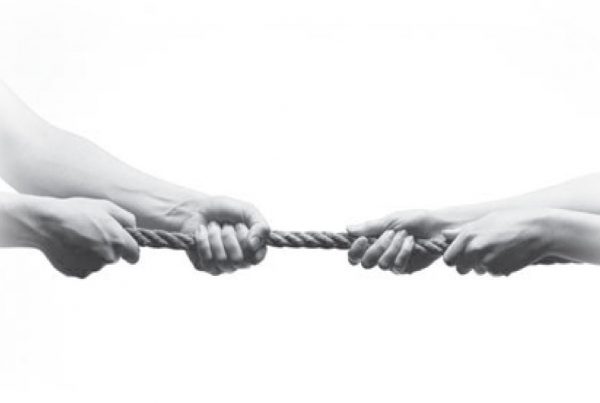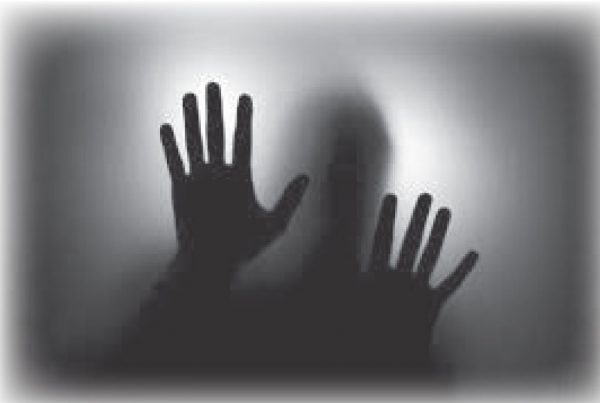
Romantic relationships are incredibly rewarding and joyful and at the same time can be incredibly frustrating and painful. I’ve been married for 27 years and have felt both the joy and the pain; it comes with the territory. But something that has helped me a lot in my own marriage is having a better understanding of how the human emotional system operates in intimate relationships. For example, it has helped me a lot to know that what sits below the surface of much of the emotional distress in romantic relationships are a few scary questions. These are the questions we are really asking our partners when we are upset with them. And when we don’t get the reassuring answers we’re looking for, we get even more upset and a painful cycle of hurt begins.
So what are these scary questions? The scary questions we are often subconsciously asking are:
- Do I really matter to you?
- Can you see that I’m in emotional pain?
- Does my pain matter to you? Does it affect you emotionally?
- Will you stand by me, even in my pain, and let me know I’m not alone?
These questions are the basis of human attachment, the emotional system that bonds parent to child and adult romantic partners to each other. These questions are even underneath everyday complaints like not taking out the garbage. When your partner’s requests for help around the house are not acknowledged (either by doing what you promised or having a conversation about why it doesn’t work for you), his or her emotional system starts to wonder why. And because we humans are naturally anxious (it keeps us alive by keeping us on guard), the first place the emotional system tends to go is worry. It subconsciously sends a message like “you know this means s/he doesn’t care about you. You better worry! You could end up alone and that is bad because your chance of survival will go down.”
Yes, it is a bit of a wacky system but it’s what we have. The good news is that once we realize that a lot of our partner’s relationship distress is driven by those scary questions, we can use that knowledge to improve our interactions and ultimately our relationships. For example, when my partner is upset, I can look at my own behaviour and see whether I am inadvertently giving a message that he doesn’t matter to me. Or maybe I’m not letting my partner know I see his pain or that it affects me. I can ask myself “have I been clear to my partner that I am with him and beside him and won’t leave him alone in his pain?” In other words, I can look at how clear I’m being in giving reassuring answers to the scary questions. One of my most important jobs as a partner is to give clear answers to those questions.
The other exciting opportunity that arises when I know about the scary questions is this: When I don’t know what to do in the face of my partner’s pain, I can at the very least give those reassuring answers and I will have a good chance at making the situation better. So when in doubt, I can give my partner the message verbally and in my actions that:
- You matter to me.
- I see your pain.
- Your pain matters to me. I feel sad that you are in pain. It makes me want to comfort you.
- I won’t leave you alone in your pain. I’m here with you. I’m not going anywhere.
Of course, for this to be effective, you need to come from a sincere place and really believe what you are saying and doing. But if you are in a committed relationship, these reassuring answers will be true. Your partner does matter to you. You don’t want to leave him or her in pain. His or her pain does affect you and make you feel sad. And so on. It can help you to let yourself feel these truths in the moment. This can help you soften your own emotions enough to be present for your partner.
If you want to learn more about the scary questions, our human emotional system and how it behaves (or doesn’t behave!) in romantic relationships, Sue Johnson has some wonderful books. Her latest is “Love Sense” but I also recommend her earlier book “Hold Me Tight”. The way I see it, the more we understand this crazy little thing called love, the better off our relationships, our families, and we will be.



